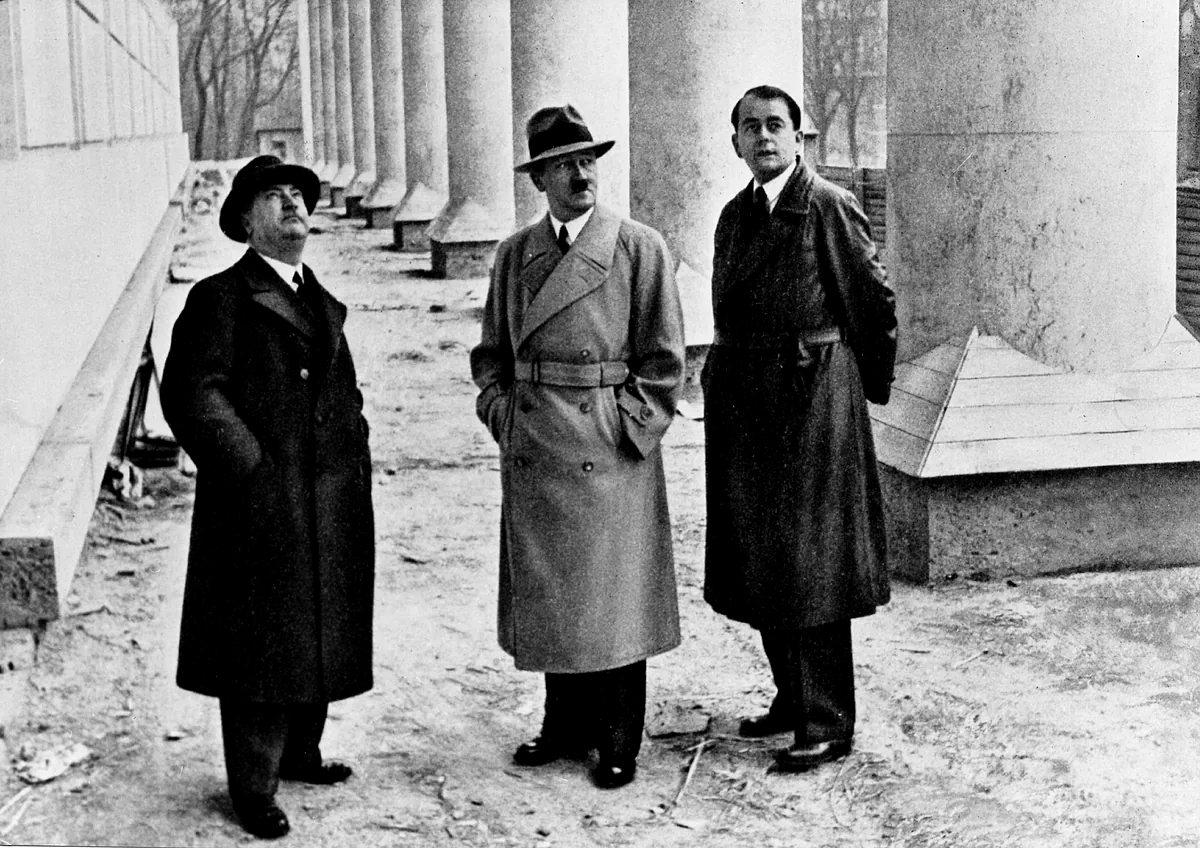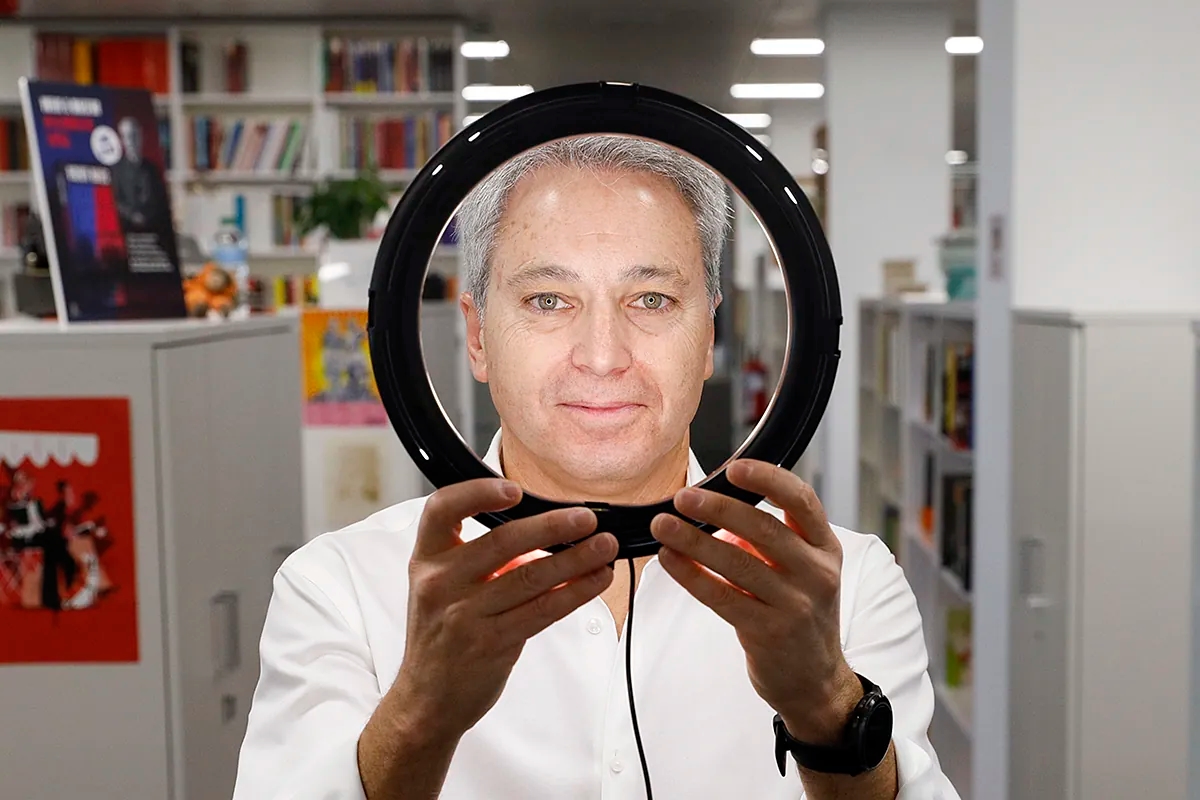Linguist Alicia María Zorrilla surprises with a book of stories about loneliness and loss.

A renowned linguist of international renown, Dr. Alicia María Zorrilla (Buenos Aires, 1948) is a full member of the Argentine Academy of Letters and served as its president for two consecutive terms. In addition to her extensive specialized work in linguistic research and dissemination (her most recent titles include ¡¿Por las dudas…?! and Sueltos de lengua ) and literary criticism ( Retrato de la novela , La voz sententiosa de Borges ), she has now published an intense and surprising collection of short stories entitled El otro destierro (Libros del Zorzal).
 Alicia María Zorrilla was president of the Argentine Academy of Letters. Photo: Andres D'Elia
Alicia María Zorrilla was president of the Argentine Academy of Letters. Photo: Andres D'EliaIn the eighteen short stories that comprise it, the author addresses lacerating themes that contemporary society, so focused on narcissism and hedonism, relegates to the realm of the shameful and the invisible.
The vulnerable and mortal condition of humans, regardless of their social position; the merciless loneliness that so many experience in their later years, regardless of their previous dedication to others; the discrimination and brutal abandonment of the weakest—these are central themes of this unstoppable narrative , enveloping the reader in powerfully emotional and expressive atmospheres.
Both the title story and others revolve around the institutional confinement (nursing homes and psychiatric hospitals) to which many elderly people are subjected in their later years. Whether it's a still-lucid old man ("Beyond Solitude") or women drifting off into dementia ("The Other Exile," "The Way Back"), they equally suffer the inexplicable detachment of children and grandchildren who seem to have forgotten them, and the mechanical, sometimes rude, treatment of the staff.
Deposited in a storage and disposal center, they are lost, estranged from their home and from themselves, as if they've been punished for a crime they didn't commit. This is how Felicitas (an ironic name, if ever there was one) feels in "The Other Exile": "she who lacked a tomorrow, she who no longer had hope, the foreigner among those to whom she had given her blood," gripped by "that pain of not serving and of continuing to live so that others would remember you."
In other cases, there is no confinement in an unknown space, but the loneliness is the same or even worse : old men and women, sometimes sick, live with their ghosts and memories, which return as frustrations and unfulfilled dreams ("The Last Rehearsal", "There Will Be No Forgetting", "Do Not Give Up Your Wings").
Sometimes a special fragility is added to that of the years , be it disability ("Do not give up your wings"), blindness ("An instant later") or the memory of someone who was a strange and self-absorbed child (perhaps with a form of autism) and is now an old man who remembers, behind a window, a childhood scene that was both traumatic and celebratory.
Even extreme loneliness, such as that of death, only prolongs the loneliness already experienced in life , as is the case with the grandmother whose disappearance is of no concern to anyone and whose wake is a true satirical comedy ("Mortification"). Sometimes it is not the one who dies, but the one who loved the departed who is left pathetically alone, faced with the indifference of their relatives ("Failure").
Life, at any age, always hangs in the balance. It could be a fatal accident ("One More Day"), the threat of a violent robbery ("An Instant Later"), the diagnosis of an incurable illness ("The Wait"), an unsought challenge that must be faced ("The End of Victory," which offers a tribute to Borges). In some of these twists, the hater becomes the hated, and the victimizer becomes the victim ("The Victim," "Obsession"—a twist on Kafka's Metamorphosis), and the two sides of the conflict don't necessarily both have human nature.
In certain stories, those marked by disabilities from birth, such as the siblings Dolores and Manuel, children of a broken family ("Little Deaths"), or the children of dispossessed ethnic groups ("They Didn't Give Me the Land"), rehearse rituals of reparation, tragically useless against their powerlessness. Occasionally, however, the magic of art ("The Painting") seems to dispel the difficulties and fears of a young aspiring dancer and open a path.
Affection ebbs and flows in these stories, whose protagonists are suffering beings : deprived, mutilated, stalked, discriminated against, cornered by anguish, violence, and contempt, obsessed, desolate, panicked, and uneasy, desperate, or sad. Exclamations, questions, interjections, and ellipses modulate a panting, stumbling rhythm that skillfully adjusts to this emotional spectrum.
On the other hand, the structure often acquires a disturbing complexity : the circular narratives are repeated, returning to the initial phrase, which is fully understood only at the end of the story. There are shifts in points of view that become apparent only in the narrative, as well as in the planes and times of constructed reality, which oscillate between the factual and the imaginary, the present and the past, the lived and the dreamed. Rather, it is the powerful, dramatic emotionality that shapes and molds reality from the storms unleashed within the characters.
Humor and lyricism also combine to create the peculiar atmospheres of each story : “People greet and also clap and hug and smile as they enter, and then stop doing so, as if death were an event to which only tears and marble thoughts are suitable to be brought,” is said in the costumbrista painting so well drawn in “The Mortification”; “His eyes had grown accustomed to wandering through uncertain regions: all the air was an immense yellow flower, limitlessly yellow, whose tired perfume solitude had taught him to make,” feels and perceives the child, alien to the neighborhood (“that anonymous and static character”), in “The Intruder.”
A moving, compelling, and necessary book , The Other Exile reveals to us the literary creator in the rigorous academic who has put all her linguistic knowledge at the service of a unique narrative poetics.
The Other Exile , by Alicia María Zorrilla (Libros del Zorzal).
Clarin





